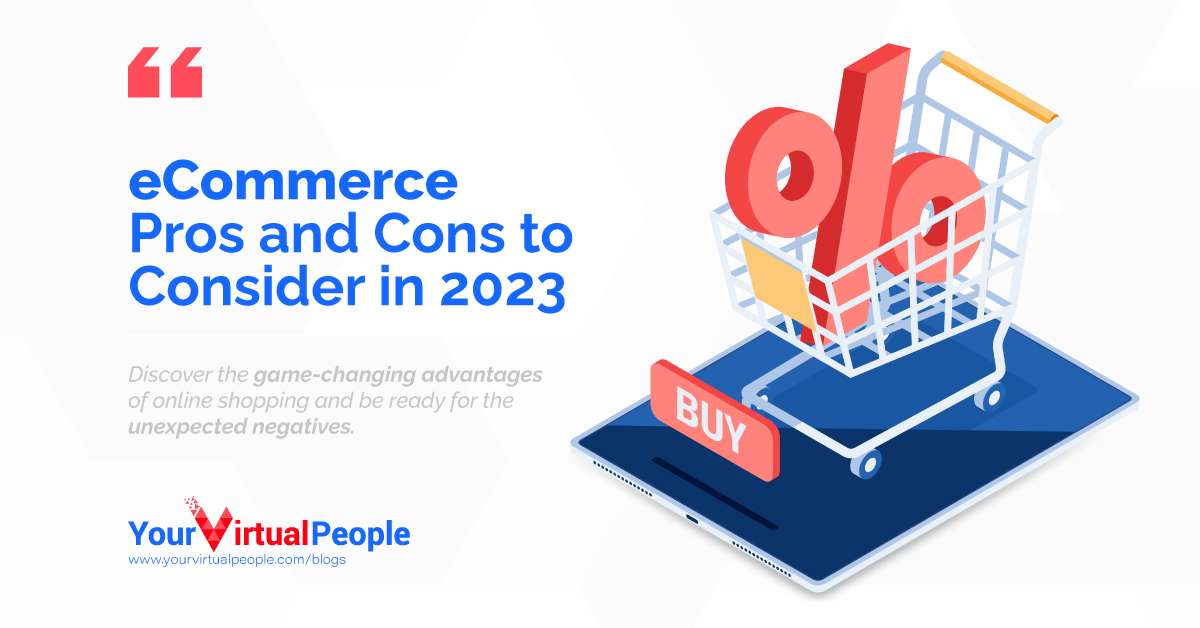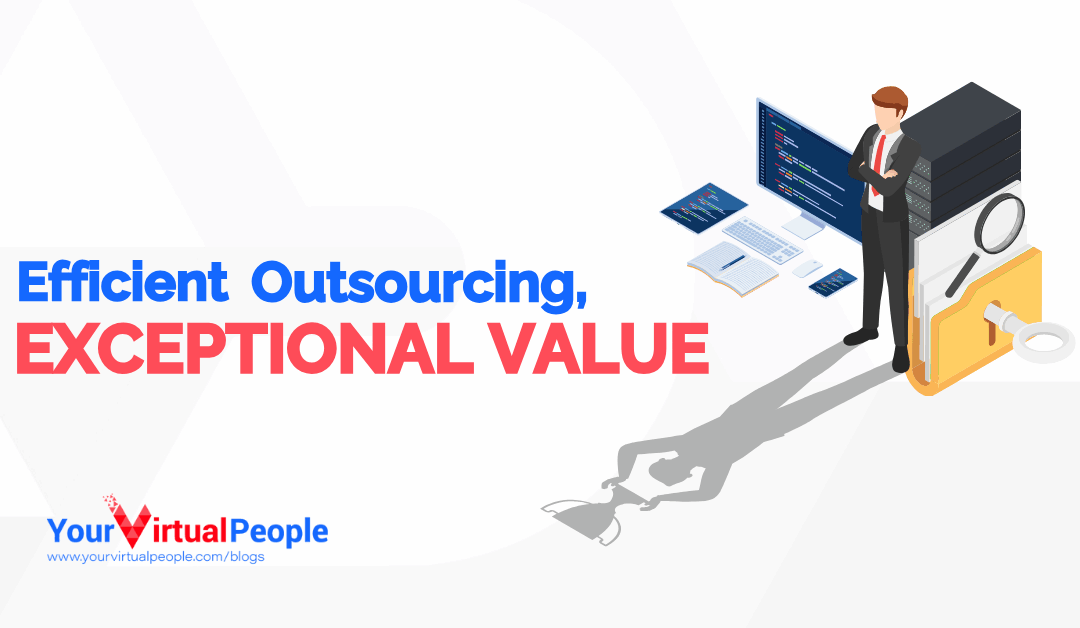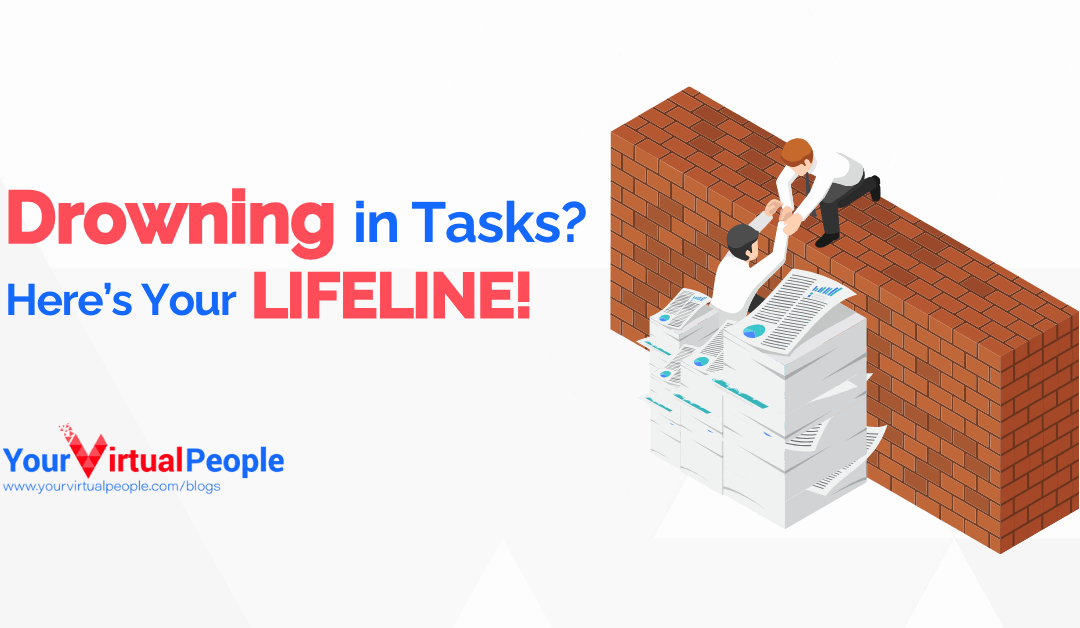The growing trend toward internet buying has garnered a lot of attention and altered the conventional corporate environment. The majority of offline businesses have an eCommerce website, and new online retailers are sprouting regularly. For a successful 2023, understanding eCommerce pros and cons to consider is essential.
An eCommerce site looks to be a great fit for the goals of the typical small company owner due to its inexpensive startup costs compared to brick and mortar stores and the sheer number of potential clients it can reach.
However, this optimism makes many people oblivious to the difficulties of operating an online store. Because of this, it’s simple for firms to fail without the proper research.
We’ll be providing you with information on the benefits and drawbacks of eCommerce so you can decide whether to open an online store or include a website for your physical company in order to avoid being one of those statistics.
The Revolutionary Benefits of eCommerce
Over the last few years, e-commerce has grown into a critical component of worldwide buying. Customers from all over the world benefit from the advantages of online transactions today, thanks to the increasing digitalization of modern life. Buying and selling products, like many other companies, has undergone tremendous change since the internet’s inception. With over 5 billion internet users worldwide, online shopping is growing increasingly popular as global internet access and usage increase. Retail e-commerce sales are expected to reach 5.7 trillion dollars globally in 2022, and this figure is expected to climb even more in the coming years.
These benefits include:
Larger Market, flexibility in response to changing economic circumstances, decreased operating costs, Studying customer behavior, affordable digital marketing, unique customer offerings
Let’s look into each of these in further detail.
Larger Market
Numerous internet retailers may reach clients outside of their immediate vicinity and country of residence. Customers are not limited to waiting for certain things to become available in their immediate vicinity. Customers only need to visit an online retailer to have their purchases transported to their home. It’s also a chance to expand your small business by expanding your consumer base outside your immediate area. This is what Specialized, a global online mountain bike store, has accomplished with their products.
Lower Operating Cost
When running an eCommerce business, there are no overhead costs such as building, renting, and regular upkeep. You may also outsource the majority of your labor and inventory activities, lowering your overall operating costs. This circumstance gives online firms a better chance of profitability and allows them to provide competitive retail rates to their clients. When dealing with digital items such as books, software, and music, you may operate on a shoestring budget, with intellectual property rights being one of the few expenses.
Flexibility in Response to Changing Economic Circumstances
eCommerce companies are quick to respond to shifting customer trends. An internet firm that outsources the majority of its business activities can make the necessary modifications to adapt to changing market conditions. This agility also allows them to easily grow their business. Unlike traditional stores, an eCommerce store may simply adjust its operations to meet varying client demands.
Studying Consumers Behaviour
Obtaining information on an individual customer’s behavior is significantly easier with an internet firm. Many computerized analytical tools are available for this purpose. These technologies can track and analyze online consumers’ browsing and purchasing habits on your site. You may learn which marketing and pricing techniques get the best results. With this insight, you can fine-tune your system to eliminate underperforming methods and focus on optimizing winning techniques to develop your business.
This may help your eCommerce site better serve your consumers by enhancing their customer experience, which is a key success element for any business. It also allows for the personalization of the online purchase experience.
Affordable Digital Marketing
You don’t have to spend an arm and a leg to promote your online retail business. You have a plethora of digital marketing tools at your disposal to attract potential clients to your online business. Many of these marketing strategies, such as social media marketing, email marketing, and content marketing, are inexpensive and accessible, allowing you to create a digital marketing plan that fits your budget. Another benefit that internet firms have over conventional enterprises is retarget marketing. Retargeting marketing entails marketing methods and promotions targeted at specific customers depending on their internet activities. It offers unique deals to specific clients, particularly those who have visited but have not purchased anything.
Unique Customer Offerings
Offline firms must sell their items in bulk, with limited room for customization. However, an internet business may provide this benefit to its clients at a low cost. According to research, customers like personalized experiences since they demonstrate that the company values them enough to pay attention to them. It has also been shown to enhance consumer conversion rates. This technique is possible since entrepreneurs may obtain information using internet analytical tools. It also improves the convenience of internet buying.
The Surprising Drawbacks of eCommerce
With internet enterprises, it appears that there are no disadvantages. However, eCommerce, like any other endeavor, has advantages and disadvantages. eCommerce pros and cons to consider in 2023 include various market trends. The downsides include: The absence of interpersonal contact, Lack of tactile experience, Tough competition, Bugs, Logistical difficulties, Access to the internet.
Let’s look at them more closely.
The absence of interpersonal contact
A lot of consumers enjoy engaging with staff at a real store. They believe that online buying is too impersonal and chilly. This is one of the most significant downsides of eCommerce. The scenario can become worse if the virtual customer care person or chatbot does not resolve a customer’s issue fast — or if there is a misunderstanding. Due to a failure of the bot’s artificial intelligence, there have been cases where customer care bots have done the opposite of the client’s request. This aspect makes it difficult to offer high-end items and services online, which need individualized human connection.
Lack of tactile experience
The opportunity to touch and feel the object you plan to purchase is an important aspect of the retail purchasing experience at a physical store. Unfortunately, one of the primary downsides of eCommerce is the lack of this experience. An eCommerce website only has one screen to display its products. Even the best video and the most enticing layout of its online services cannot totally compensate for the lack of a tactile encounter. Technologists are experimenting with ways to mimic the senses of touch and scent on a web screen. However, it appears to be a tall order, and the high price tag may put it out of reach for many small business locations.
Tough competition
The simplicity of entrance into eCommerce has attracted numerous businesses. However, client growth has lagged behind that of internet enterprises. This mismatch has heightened the competition for market share among internet retailers. To outmaneuver their competition, several internet businesses have given advantages such as free delivery. The fierce competition is also pushing down the cost of the usual eCommerce store’s items, making it harder to achieve profitability. Many online companies compete intensely for the most relevant keywords on Google in order to appear towards the top of internet search results. Because of this, these keywords are highly pricey and beyond of reach for many small company endeavors.
Bugs
There are frequent news items on security breaches in online companies. These incidents occur when hackers target a vulnerability in the security architecture of an eCommerce venture, which they exploit to steal vital information.These breaches involve the theft of private customer details, and trade secrets, and the interception of financial information like credit card details. They pose a challenge for any online retail company. Fallouts from such incidents include customer compensation, possible litigation, and the loss of customer trust and brand reputation. These attacks also increase the costs of online security.
Logistical difficulties
Customer order fulfilment is a critical component of every online shop. Shipping a product to a consumer must be done correctly. Customers who shop in real locations may take their purchases home right away. However, buying a goods from an eCommerce site takes time, which goes against most people’s quick gratification attitude. You have limited control over how the consumer receives their requested product because delivery is frequently outsourced to a third party. This is a significant drawback of doing business online. Due to conditions outside the logistic company’s control, shipping may take longer than intended. It’s also likely that the ordered item may be destroyed in shipment, which is something no consumer wants.
Access to the internet
To deliver a fantastic online buying experience, your retail establishment must give several features and functions. These include various levels of consumer interaction. Unfortunately, a lack of broadband internet infrastructure might prevent your consumers from fully participating in this engaging experience. These features are large and require fast data to perform correctly. Because of the increase of mobile internet, you must build your site to be mobile-friendly. It is critical that customers can shop at your store using their mobile devices.
As the eCommerce sector grows at an exponential rate, new technologies, techniques, and tactics emerge at every turn. Increasing your industry expertise by staying current may help you gain an advantage over your rivals, improve your business processes, and improve your consumers’ experiences with your brand. E-commerce has transformed the transactional business, creating new opportunities for people all over the world. It has made our lives easier and simpler, but it also has significant imperfections. I hope it has given you a better understanding of the benefits and negative aspects of e-commerce.
Help is here if you need it, we’ve got your back!
To learn more about our marketing services, visit yourvirtualpeople.com/services/marketing-assistance/ or book a meeting.



